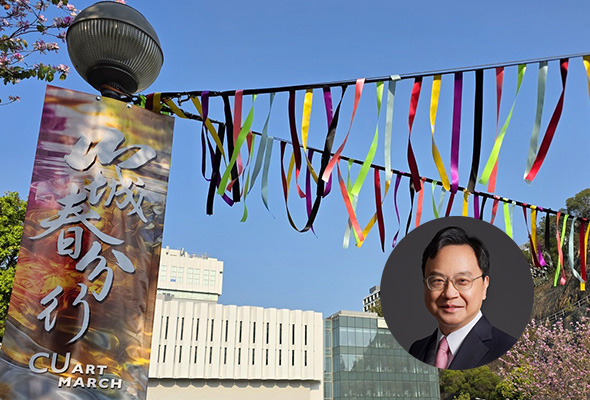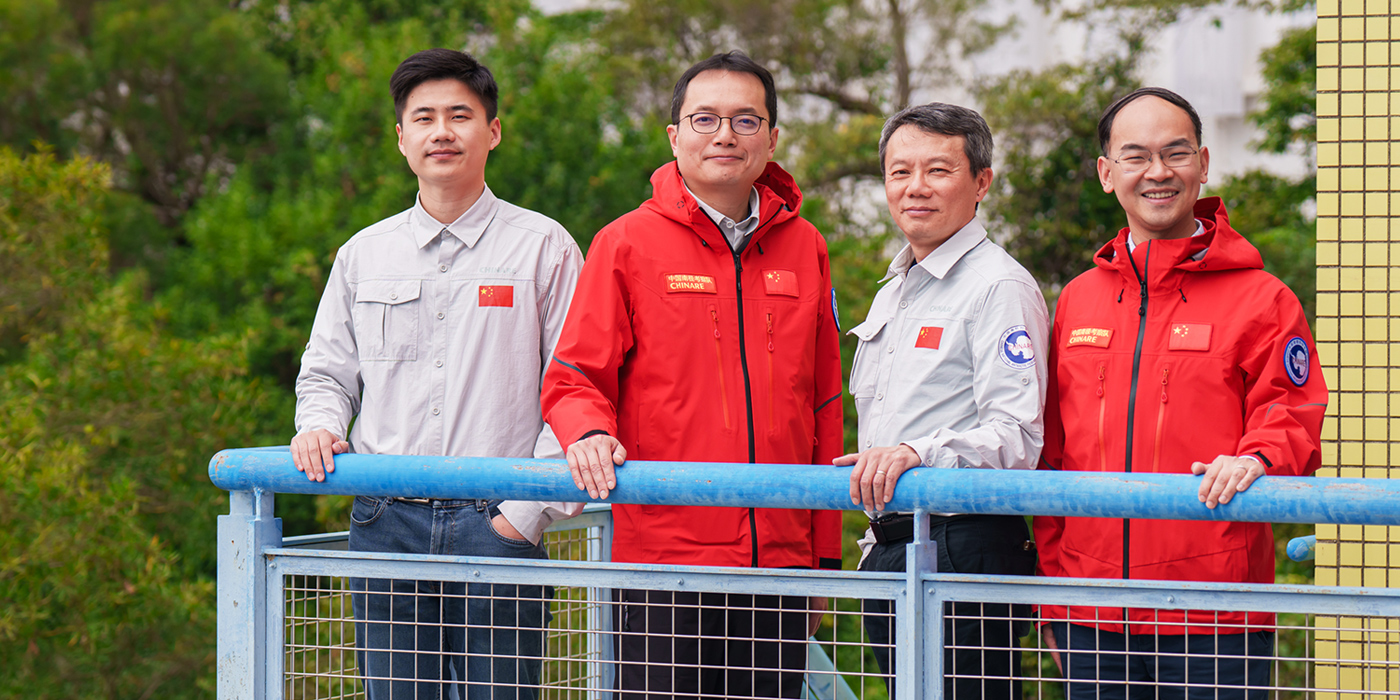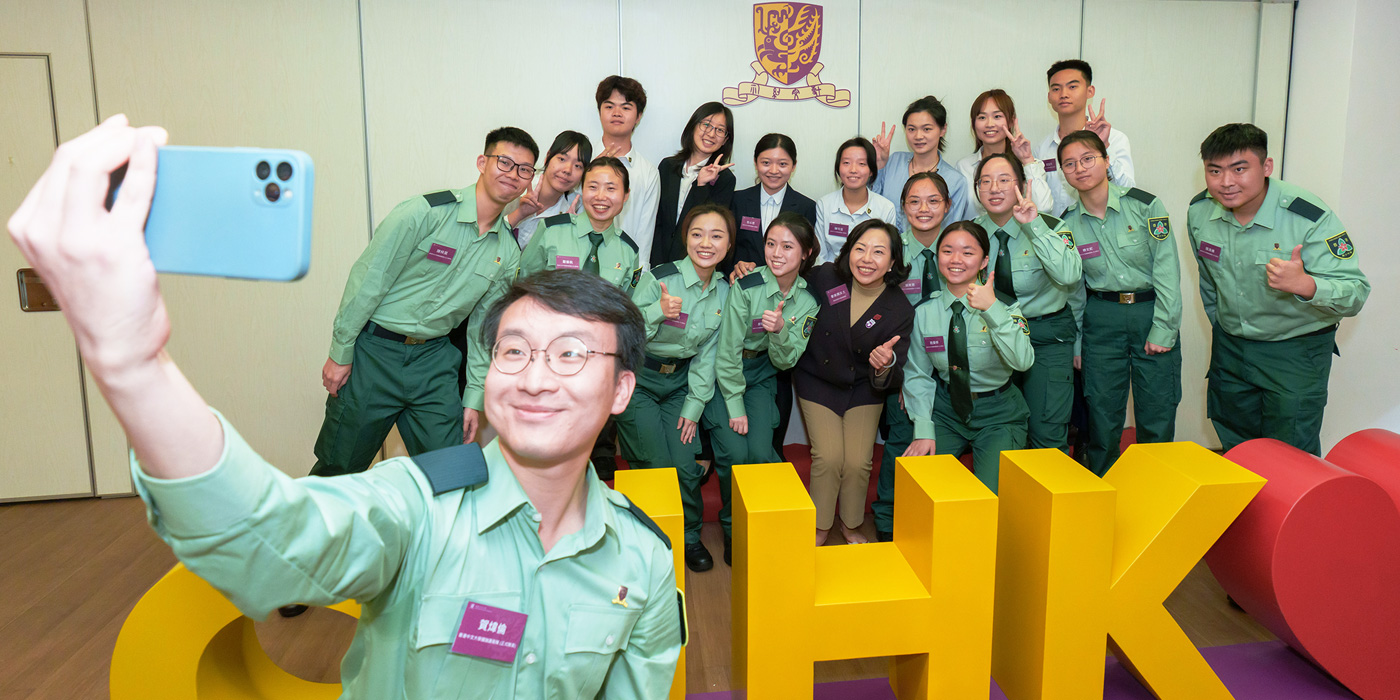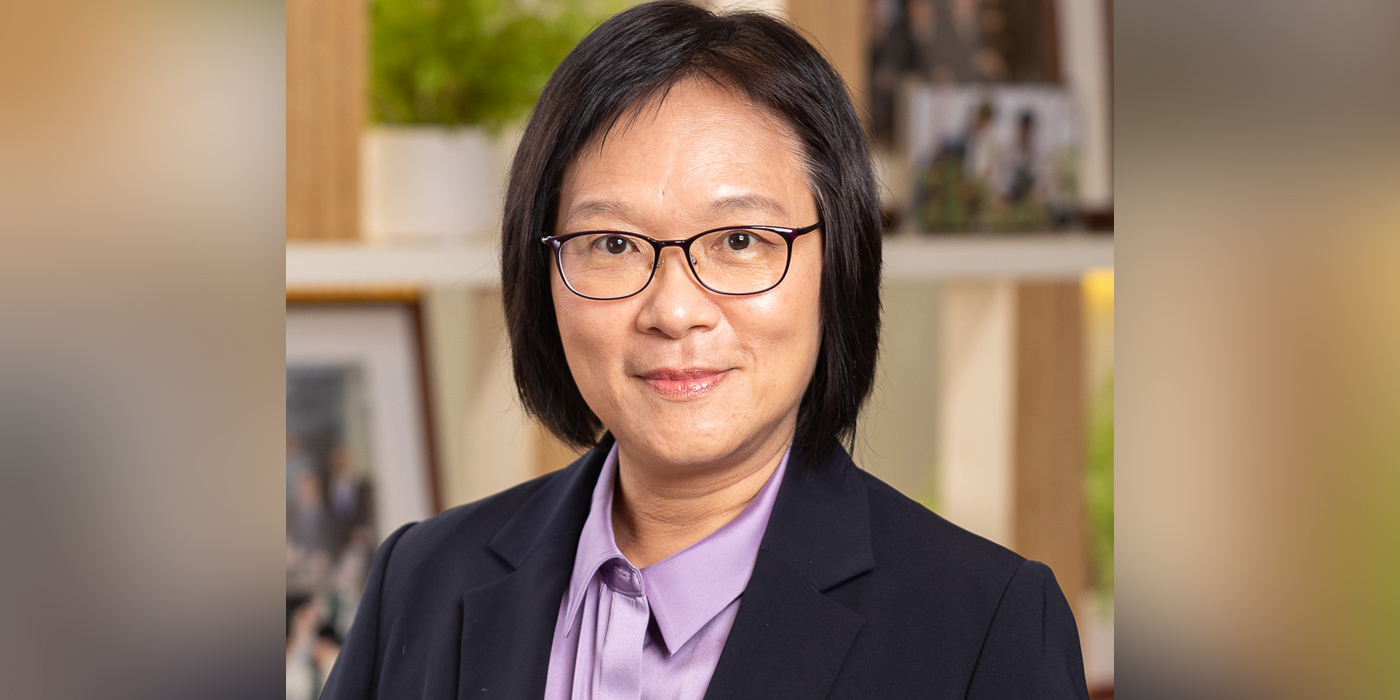Global collaboration key to navigating digital higher education
Provost Alan Chan shared his view on digital higher education and how the University goes about it at an online conference featuring university vice-presidents and educational administrators from mainland China, the UK and Sweden, among others.
At the Online Education Dialogue 2022 of the Global MOOC and Online Education Alliance, hosted by Tsinghua University in late April, Professor Chan shared CUHK’s approach to enhancing education through curriculum refinement, programme development, infrastructural redesign, pedagogical innovation and educational technology, noting how digital technology has been fully embedded in this process.
To ramp up the digital literacy and computational thinking skills of students, a new mandatory course is on the way. New interdisciplinary programmes, including one on learning design and technology, were launched to nurture the next generation of learning technology specialists to shape the future of education.
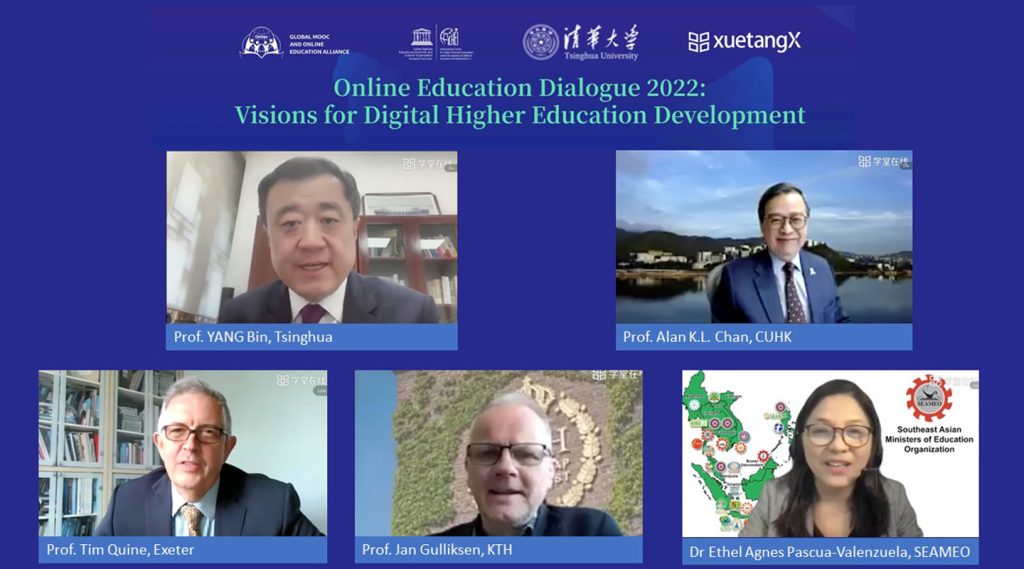
Throughout the process, the University has allocated sufficient resources to ensure the learning environment grows with pedagogical innovations. Moreover, it is heedful of students with special educational needs and those who are economically disadvantaged, so that they can benefit from the use of technologies in teaching and learning like their peers do.
‘There is no future to digital teaching and learning unless it becomes human-centric,’ says Chan. Pedagogy must, therefore, be infused in the design of educational technologies, which takes engagement with faculty members, students and industry partners to ensure user-friendliness.
‘The future of digital higher education development must serve the purpose of delivering the desired learning outcomes and global collaboration is really a must,’ affirms the Provost, citing the University’s participation in the Future17—Sustainable Development Goals Challenge Program in partnership with Quacquarelli Symonds and the University of Exeter and the Association of Pacific Rim Universities Virtual Student Exchange programme as examples. He called upon universities to form living learning laboratories to share resources and to work on new educational technology tools and pedagogical innovations.





